Listerine Foot Soak – Recipes And Tutorial For Soft Feet
Making your feet soft and smooth has never been easier than with these easy tips!
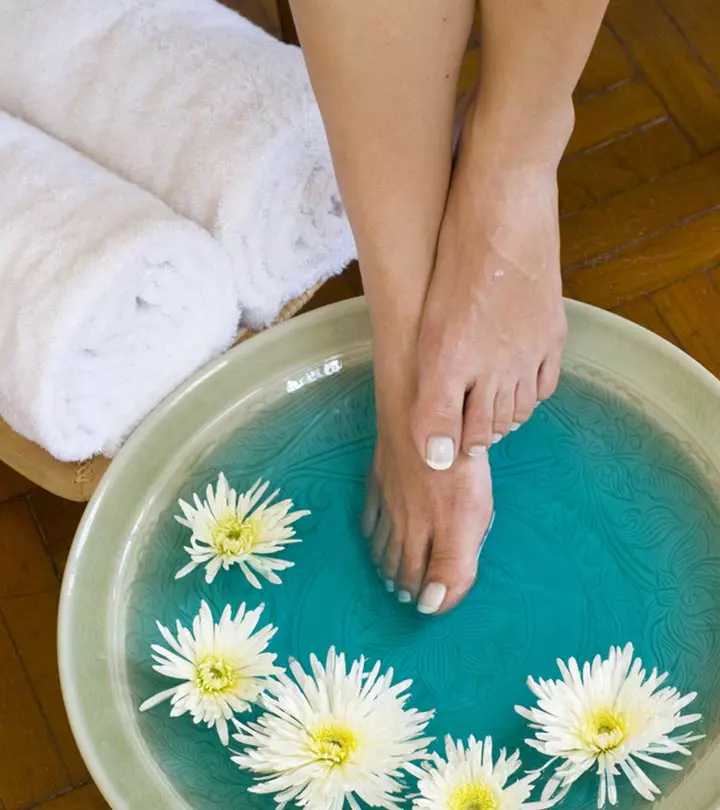
Image: Shutterstock
Rumor has it that Listerine foot soak can do wonders for your feet especially if you have a foot fungus, dry and cracked heels, peeling skin, feet odor, or calluses. DIY and home remedy enthusiasts have tried it and they swear by it. So, does it really work? If yes, how does a mouthwash give you softer feet? How do you prepare a Listerine foot soak? Get all the answers and a tutorial with pictures right here. Swipe up!

 Trivia
TriviaIn This Article
Listerine Foot Soak How It Works
Listerine is a popular mouthwash that helps prevent gingivitis and cavities.
So, how does it work to remove dead skin, calluses, and foot fungus? Well, the answer lies in the ingredients of Listerine. It contains:
- Methyl salicylate is chemically similar to salicylic acid. Salicylic acid is used as an exfoliant in many face washes and acne products (1).
- Benzoic acid helps prevent the growth of microorganisms (2).
- Thymol, menthol, and eucalyptol have antifungal properties, which may be helpful for people with athlete’s foot (a fungal infection on the toes) (3).
Listerine mouthwash may work as a good foot soak as it helps cleanse the feet and prevent microbial growth.
Moreover, it can prevent foot odor, leaving your feet feeling clean and fresh. But, how can you prepare this foot soak? Emptying a whole bottle is definitely not the way to go about it. Care to check out a few Listerine foot soak recipes? Then, scroll down to the next section.
Key Takeaways
- A Listerine mouthwash foot soak may help cleanse the feet and treat cracked heels.
- Mix Listerine mouthwash with vinegar, baking soda, or Epsom salt in warm water and soak your feet for 15-30 minutes in it for cleansing and relieving muscle pain.
- People with open wounds and sensitive skin should avoid this foot soak.
Listerine Foot Soak Recipes
Take a look at the following Listerine foot soaks.
Note: Blue Listerine can stain your feet blue. So, make sure you use the amber-colored Listerine.
1. Vinegar And Listerine Foot Soak
Recipe
- Take 1 cup Listerine and mix it with ½ cup of vinegar (you may use apple cider vinegar, as well).
- Add this solution to a tub with 1 liter of lukewarm water.
- Put your feet in this Listerine and vinegar foot soak for 20-30 minutes.
- Use a pumice stone or a brush to get rid of the dead skin. Be gentle.
- Wash your feet with cold water and pat them dry with a towel.
- Apply a moisturizer.
Dee Harker, a lifestyle YouTuber, tried this vinegar-Listerine foot soak recipe to get rid of her calluses. She soaked her feet in it for 10 minutes and was not happy with the results. She says, “I’ve done it twice and I just don’t see it. I still think that just plain vinegar probably worked the same (i).” She further adds that while the method seemed to work in the beginning, she still had to use a razor and get a regular pedicure to see noticeable results.
2. Baking Soda And Listerine Foot Soak
Recipe
- Mix 2 teaspoons of baking soda with 1 cup of Listerine.
- Add this mixture to 1 liter of lukewarm water.
- Soak your feet for 30 minutes.
- Use a pumice stone or a brush to gently get rid of the dead skin.
- Wash your feet with cold water.
- Dry your feet with a towel and apply a moisturizer.
3. Epsom Salt And Listerine Foot Soak
Recipe
- Add 1 cup of Listerine to 1 liter of lukewarm water.
- Add ¾ cup Epsom salt to this solution.
- You can add 2 drops of lemon or rose essential oil for a pleasant fragrance.
- Soak your feet for 30 minutes.
- Gently rub your feet with a damp cloth or pumice stone.
- Wash your feet with cold water and pat them dry with a towel.
- Apply a moisturizer.
These are the three recipes that you can try at home for foot hygiene and care. If you want to gauge which recipe would work best for you, check on the comparison below.
- The first foot soak recipe also contains vinegar along with Listerine that contains antifungal and antibacterial qualities (4). These may help cleanse and disinfect your feet, making the soak a great option for maintaining foot hygiene. You can use this soak as part of your regular foot care routine.
- In addition to Listerine, the second DIY foot soak recipe uses baking soda, a mild abrasive (5). It may help exfoliate your skin without being too harsh, thereby softening rough skin on the feet. You can use this soak to target calluses and dry patches.
- The third Listerine foot soak also contains Epsom salt known to soothe sore or tired feet. It has anti-inflammatory and analgesic properties that may help reduce any swelling, pain, or discomfort (6). You can use this home foot care if you have been on your feet all day or just want to relax and unwind.
If you want some more inspiration, we have a tutorial for you. Check out this easy and effective Listerine foot soak tutorial below.
Listerine Foot Soak Tutorial (With Pictures)
What You Need
- Listerine
- White vinegar or apple cider vinegar
- Water
- Bath salt
- Pumice stone
- Coconut oil
- A pair of socks
Once you have the ingredients, you are ready to start with the foot soak. Here’s what you need to do:
Step 1: Add 1 liter of lukewarm water to a tub.
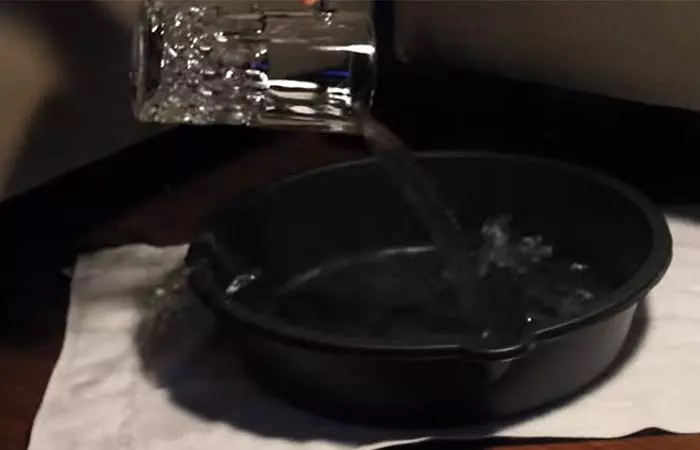
Step 2: Add ½ cup of Listerine to the tub.
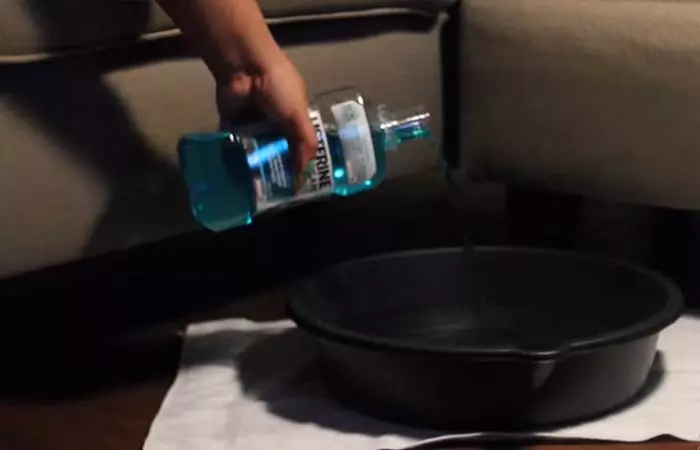
Step 3: Pour ½ cup of white vinegar (or ACV) to the tub.
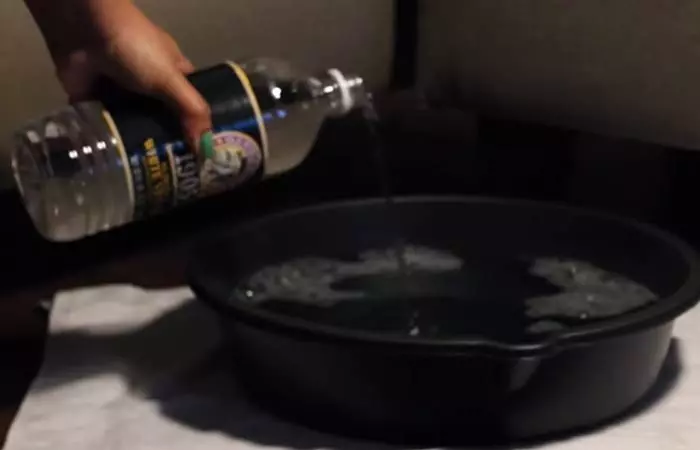
Step 4: Mix in ¾ cup of bath salt.
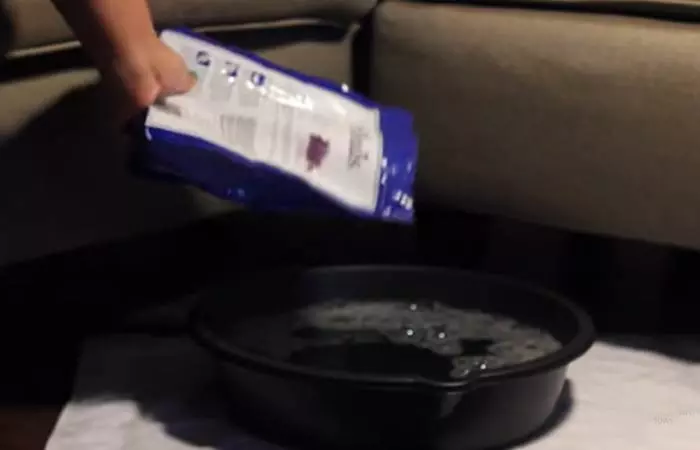
Step 5: Stir the solution and soak your feet in it. Wait for 10-30 minutes.
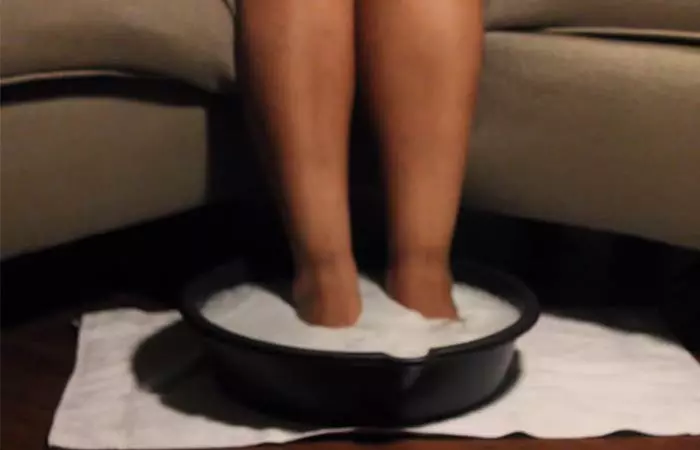
Step 6: Use a soft towel to dry your feet after 30 minutes.
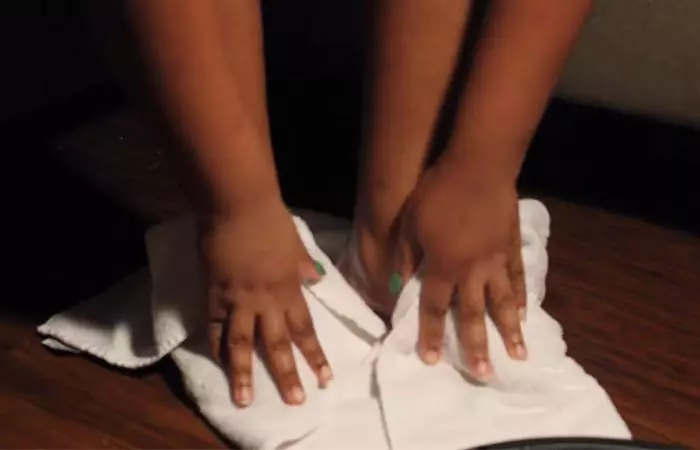
Step 7: You can already see loose skin on your heels and toes. Use a pumice stone to gently scrub away the dead skin and calluses. Do not be too harsh and avoid over-scrubbing, as it can damage the skin.
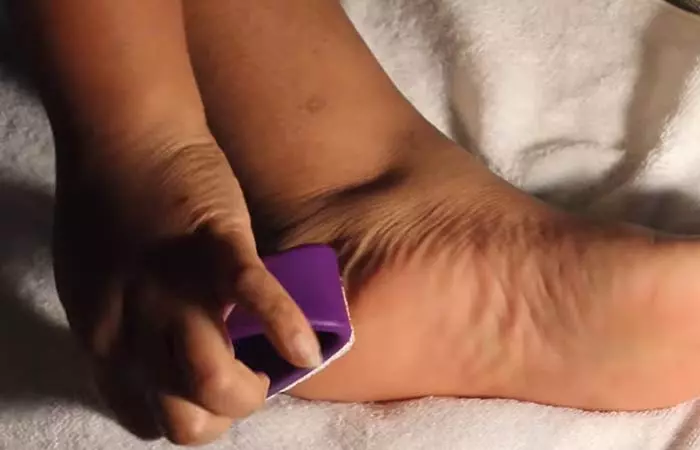
Step 8: Apply coconut oil to your feet.
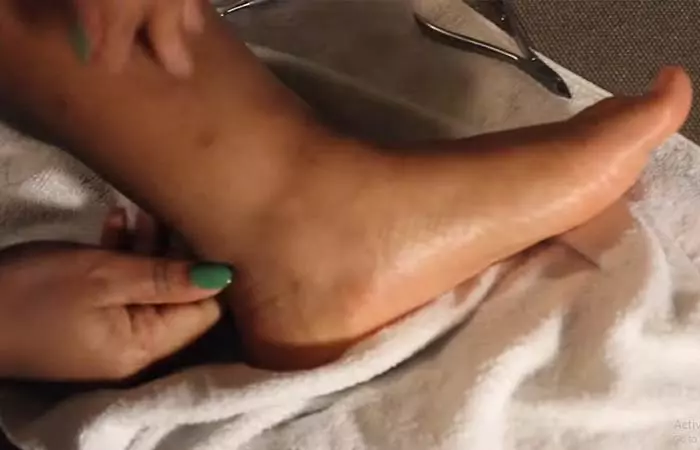
Step 9: Wear a pair of soft socks overnight to keep your feet protected.
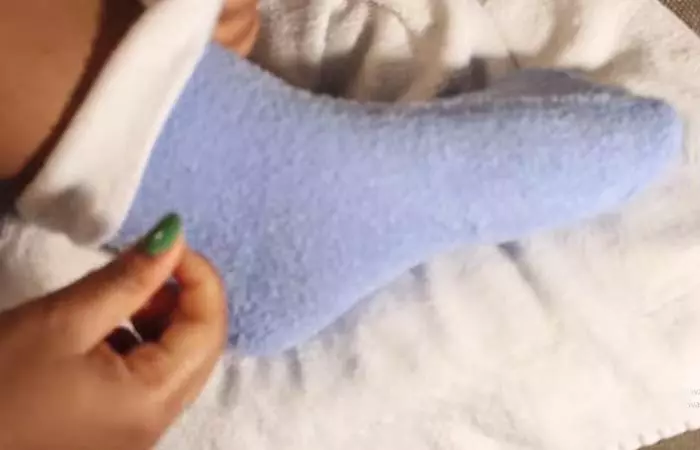
Clearly, soaking your feet in Listerine is an easy and cheap foot treatment. But is it effective? To find out, let us take a look at a couple of before and after pictures in the following section.
Listerine Foot Soak Before And After Pictures
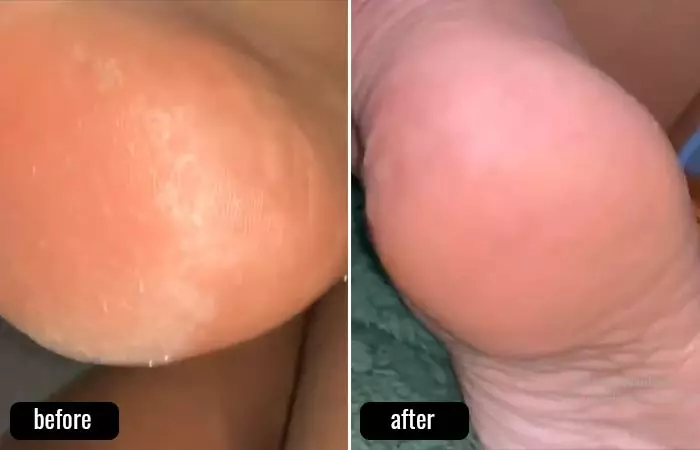
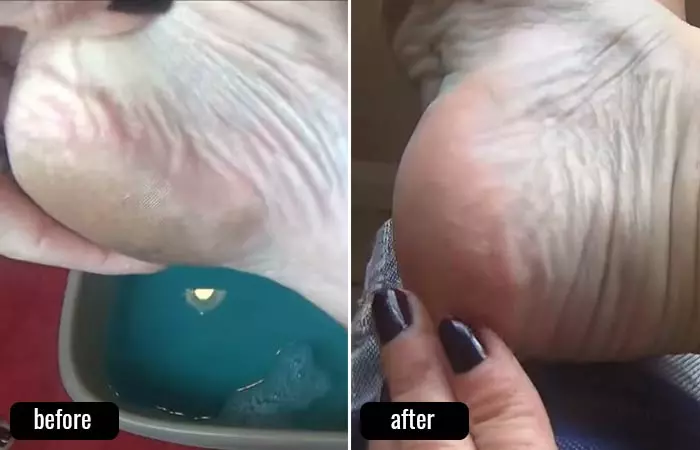
These before and after pictures clearly show that dry, cracked, and peeling heels definitely look better after soaking in a Listerine solution. With that in mind, lets take a look at the benefits of using Listerine foot soak.
Benefits Of Listerine Foot Soak
There are many benefits of using Listerine foot soak:
- Gets Rid Of Bacterial And Fungal Infections: A study found that Listerine mouthwash has antibacterial properties that help reduce the risk of bacterial infections (7). We also know that menthol is a potent antifungal agent, which may help prevent toenail fungus like athlete’s foot (8).
- Relieves Muscle Pain: People with sore muscles can also get relief by soaking their feet in a Listerine solution, partly because warm water helps expand the muscle fibers. This may increase blood circulation, reducing pain (9). Also, the menthol in Listerine has a muscle-relaxing effect (10). which makes it one of the top remedies for foot pain.
- Cleanses The Feet: Listerine foot soak helps exfoliate the dead skin layers, softens dry skin, and cleanses away the dirt. Listerine contains methyl salicylate, which is chemically similar to salicylic acid, an excellent exfoliant (11), (1).
- Removes Foot Odor: Sweating, wearing socks for too long, microbial infections, and not washing your feet regularly can cause smelly feet. A Listerine foot soak can help get rid of this embarrassing odor. (Note: If you add vinegar to your foot bath, your feet may smell like vinegar.)
- May Help Remove Plantar Warts: People use Listerine to get rid of plantar warts due to its antifungal properties. Soaking the affected area in undiluted Listerine for 15-20 minutes daily is claimed to completely clear the warts away within a few weeks’ time. Reportedly these effects are long-lasting even for the most stubborn cases of plantar warts. However, these Listerine benefits for feet are anecdotal and not backed by scientific evidence. If you have severe plantar warts, consider consulting a doctor for safe treatment methods before trying out home remedies.
So, these are the benefits of this unusual foot soak. But, are there any risks of using Listerine foot soak for a DIY pedicure? Who should avoid it? Scroll down to find out.
Who Should Avoid It?
Avoid Listerine foot soak if:
- You have an open wound on your feet.
- You are previously known to have an allergic reaction to Listerine.
- You are allergic to any of the ingredients found in Listerine.
- You have sensitive skin.
- You do not have cracked feet or athletes foot.
It’s absolutely crucial to conduct a patch test on a small area of skin before trying any new foot soak recipe, especially if you have sensitive skin or known allergies. This simple step is a proactive measure to ensure your safety and prevent any adverse reactions.
To be on the safe side, you can take the following precautions.
Precautions To Take
It is best to use diluted Listerine and vinegar if it is your first time using this foot soak. Instead of using half a cup of each ingredient, use a quarter or one-sixth of a cup. You can always increase the concentration of Listerine and vinegar. If your feet start burning, wash them immediately and apply aloe vera gel.
You should also keep some things in mind before using any of the foot soak recipes mentioned in the article, such as:
- Avoid using these foot soaks if you have any cuts, blisters, or open wounds on your feet, as they may irritate the skin or cause stinging.
- Avoid overusing them, as they contain drying ingredients like baking soda, vinegar, and Listerine.
- The ingredients used in these foot soaks may cause allergic reactions in some people. Always do a patch test before fully submerging your feet in them, especially if you have sensitive skin or any existing foot conditions.
- If irritation persists, discontinue use and consult a healthcare professional.
- Lastly, always ensure the water is lukewarm, and not hot, to prevent burns or discomfort.
 Did You Know?
Did You Know?Infographic: All You Need To Know About Listerine Foot Soak
Listerine is a popular mouthwash. However, many people do not know that its antimicrobial properties make it a popular foot soak ingredient. You can mix Listerine with natural ingredients to create a relaxing foot bath at home. We have rounded up the benefits of Listerine foot soak and some recipes you can try in the infographic below. Scroll down to know more!
Some thing wrong with infographic shortcode. please verify shortcode syntaxA Listerine foot soak is one of the most unconventional remedies you have heard of. No one could imagine using mouthwash as an at-home foot spa treatment for foot care. However, those who have tried it vouch for its efficacy. It is cheap, easy to prepare, and safe to use. It can get rid of dead skin cells and make your feet soft and smooth. So, if you want to try this remedy, follow the steps discussed in the article. However, avoid it if you have cuts and wounds on your feet and are allergic to any ingredient in Listerine.
Frequently Asked Questions
Can I use other mouthwash brands for a foot soak besides Listerine?
Yes, most mouthwash brands have similar composition and chemical properties to Listerine, thus offering similar benefits.
Are there any alternative foot soak solutions that work just as well as Listerine?
Yes, you can try Epsom salt foot soak or add a few drops of essential oils like peppermint, tea tree, or lavender oil to warm water.
Can a Listerine foot soak be reused?
Using a fresh Listerine foot soak every time is recommended, as germs can build up in the foot soak solution over time, leading to infections or other foot problems. Also, the effectiveness of the foot soak solution may diminish with each use, as the active ingredients in Listerine may become diluted or depleted.
How often should I use a Listerine foot soak for best results?
Listerine foot soaks can be used once or twice weekly for the best results. However, the frequency of use may vary depending on individual needs and foot concerns.
Does an amber Listerine foot soak really work? Find out in this video and see if it can help soothe tired feet and leave them feeling refreshed.
Personal Experience: Source
StyleCraze's articles are interwoven with authentic personal narratives that provide depth and resonance to our content. Below are the sources of the personal accounts referenced in this article.
i. Does it work? Amber Listerine foot soakhttps://www.youtube.com/watch?v=eW9aJwMlmuc
References
Articles on StyleCraze are backed by verified information from peer-reviewed and academic research papers, reputed organizations, research institutions, and medical associations to ensure accuracy and relevance. Read our editorial policy to learn more.
- Salicylic acid as a peeling agent: a comprehensive review
https://pubmed.ncbi.nlm.nih.gov/26347269/ - New thioureides of 2-(4-methylphenoxymethyl) benzoic acid with antimicrobial activity
https://pubmed.ncbi.nlm.nih.gov/19496477/ - Essential Oils and Antifungal Activity
https://www.ncbi.nlm.nih.gov/pmc/articles/PMC5748643/ - Antifungal and Antibacterial Activities of Apple Vinegar of Different Cultivars
https://pmc.ncbi.nlm.nih.gov/articles/PMC8369171/ - In vitro comparison of natural tooth-whitening remedies and professional tooth-whitening systems
link2 - A Comparative Study to Assess the Effectiveness of Epsom Salt with Hot Water Versus Plain Water on Pain and Functional Performance Among Arthritis Patients at Selected Hospital, Udaipur
link2 - Expanded and future uses of mouthrinses
https://pubmed.ncbi.nlm.nih.gov/8064064/ - Antifungal efficacy of thymol, carvacrol, eugenol and menthol as alternative agents to control the growth of food-relevant fungi
https://pubmed.ncbi.nlm.nih.gov/24582134/ - Effect of cold and heat therapies on pain relief in patients with delayed onset muscle soreness: a network meta-analysis
https://pmc.ncbi.nlm.nih.gov/articles/PMC8862647/ - Cellular and Molecular Targets of Menthol Actions
https://www.ncbi.nlm.nih.gov/pmc/articles/PMC5513973/ - Methyl Salicylate
https://pubchem.ncbi.nlm.nih.gov/compound/Methyl-Salicylate
Read full bio of Dr. Zeel Gandhi
Read full bio of Ramona Sinha
Read full bio of Anjali Sayee
Read full bio of Shiboli Chakraborti






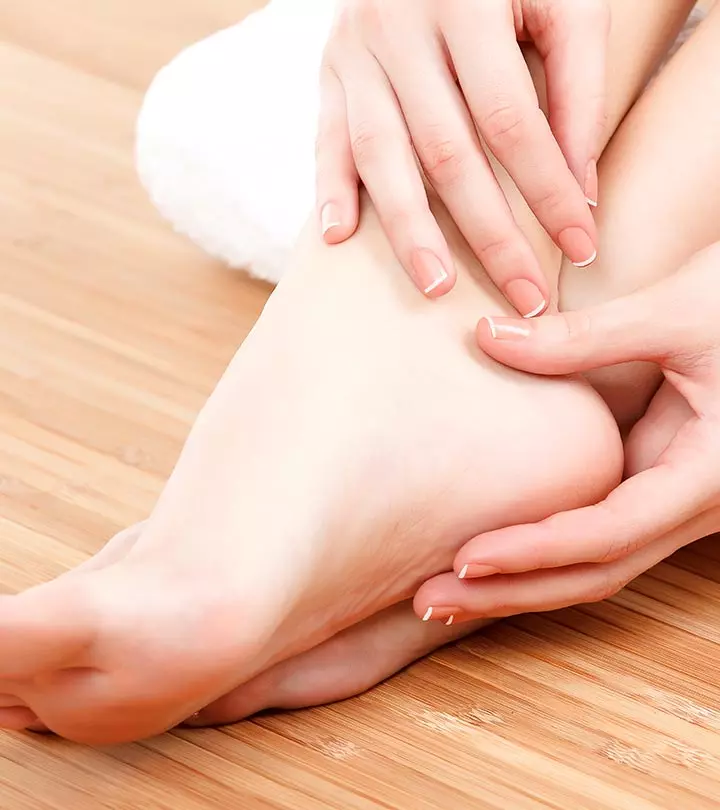
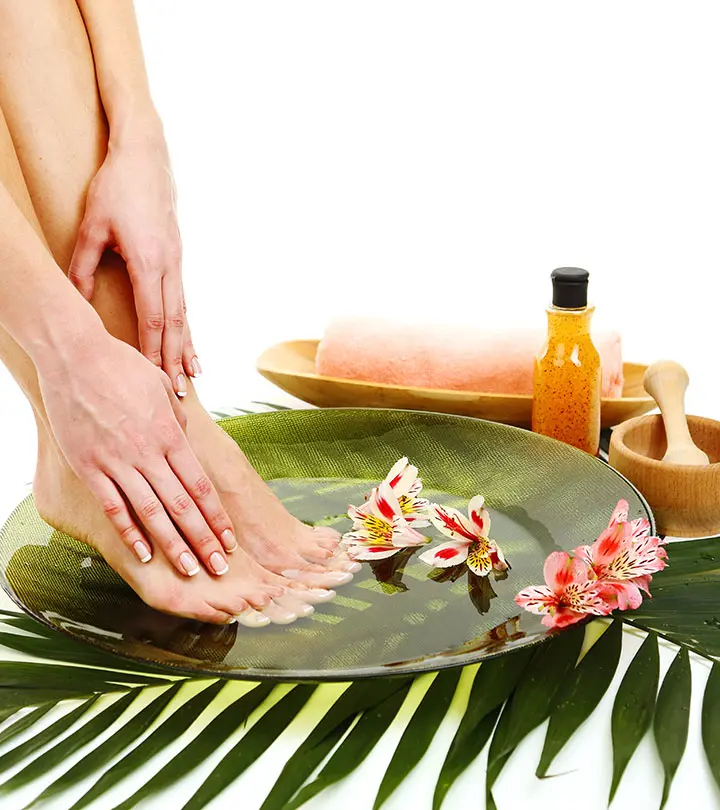
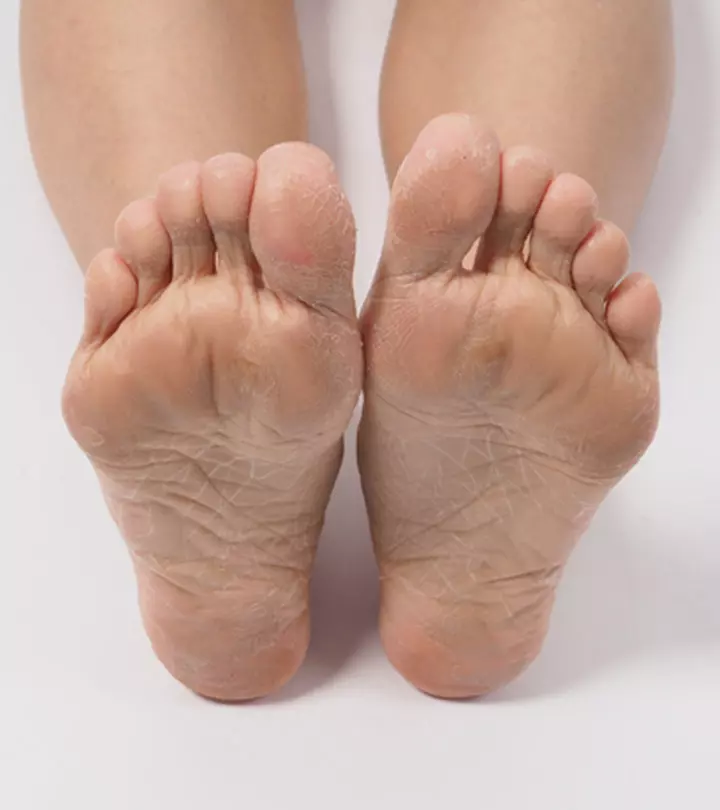
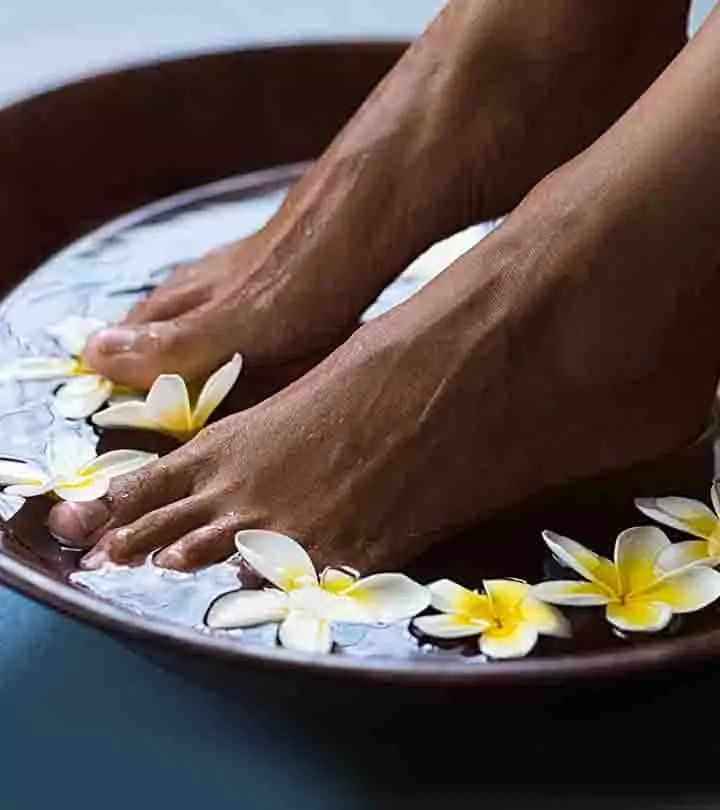
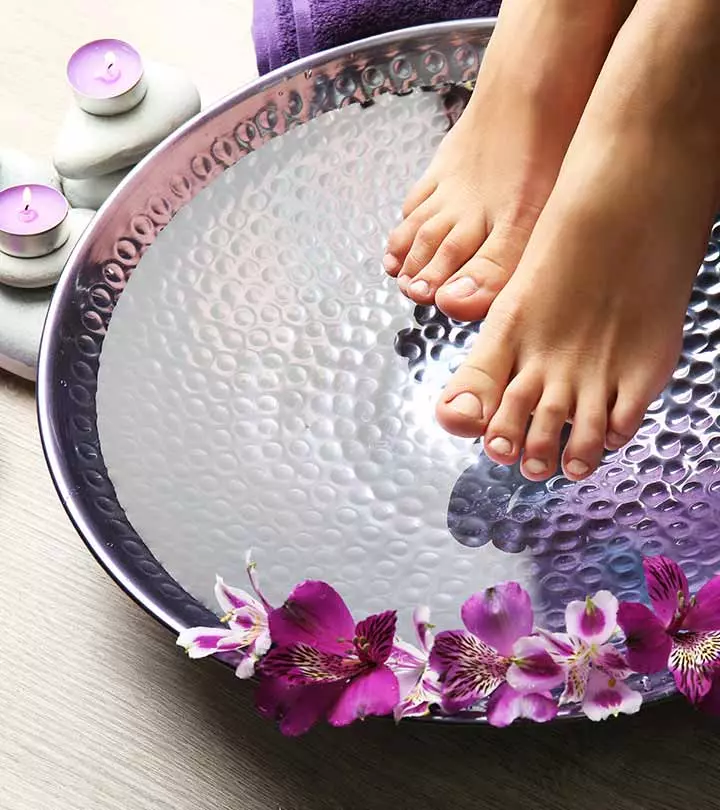
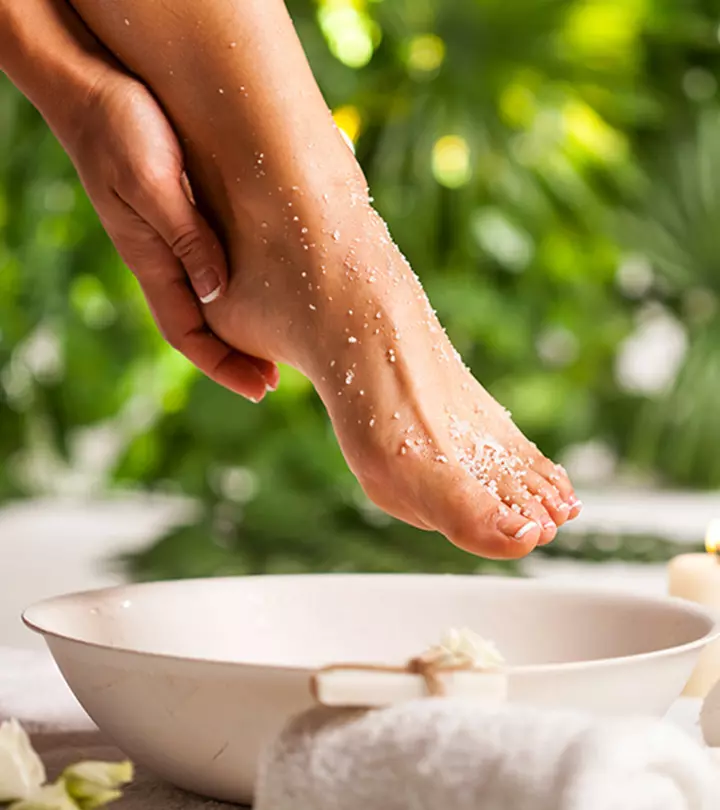
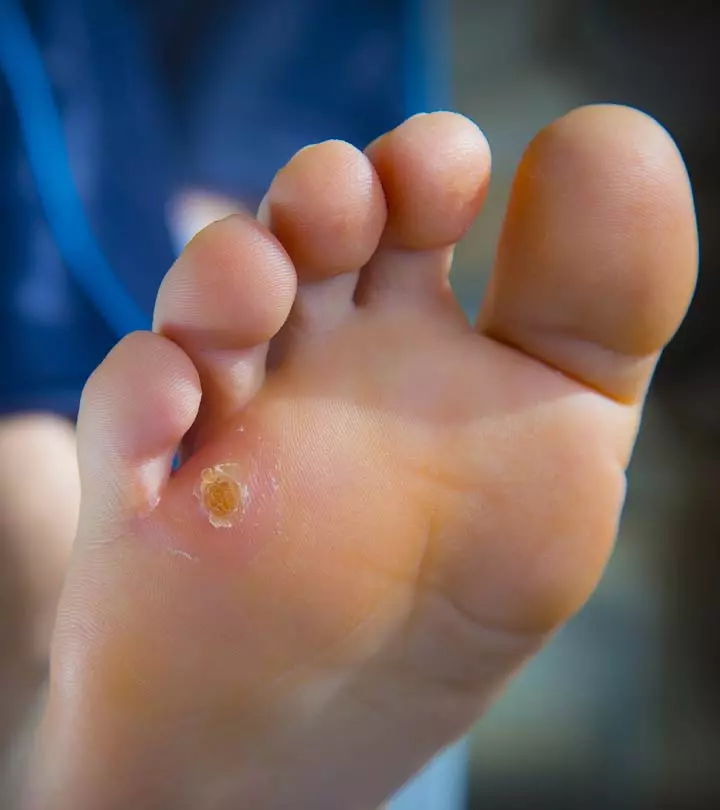

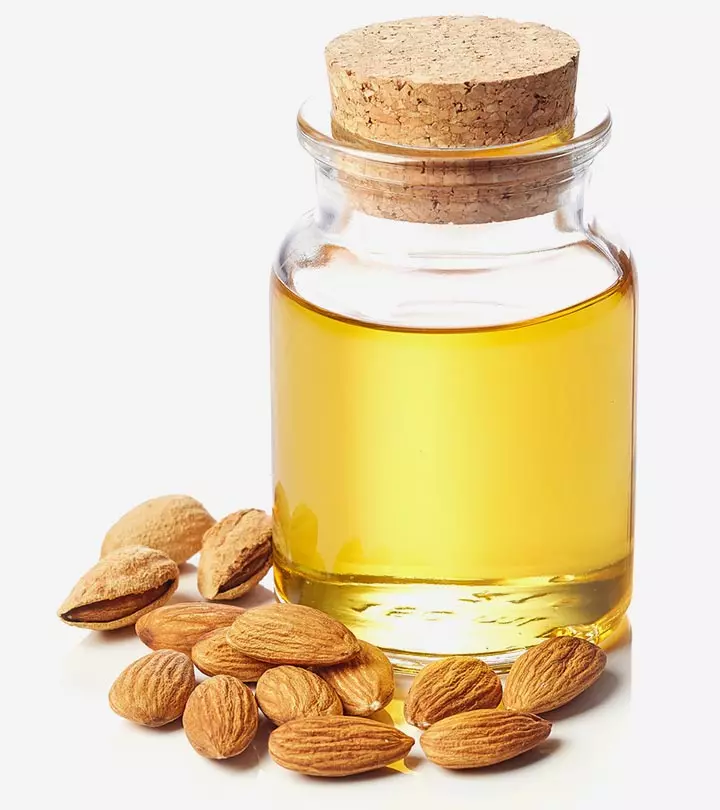
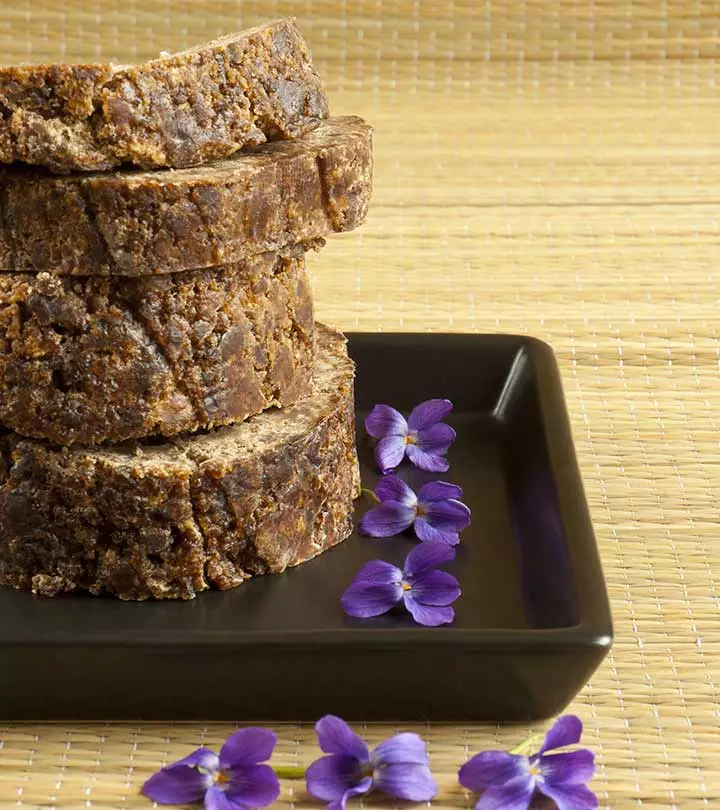
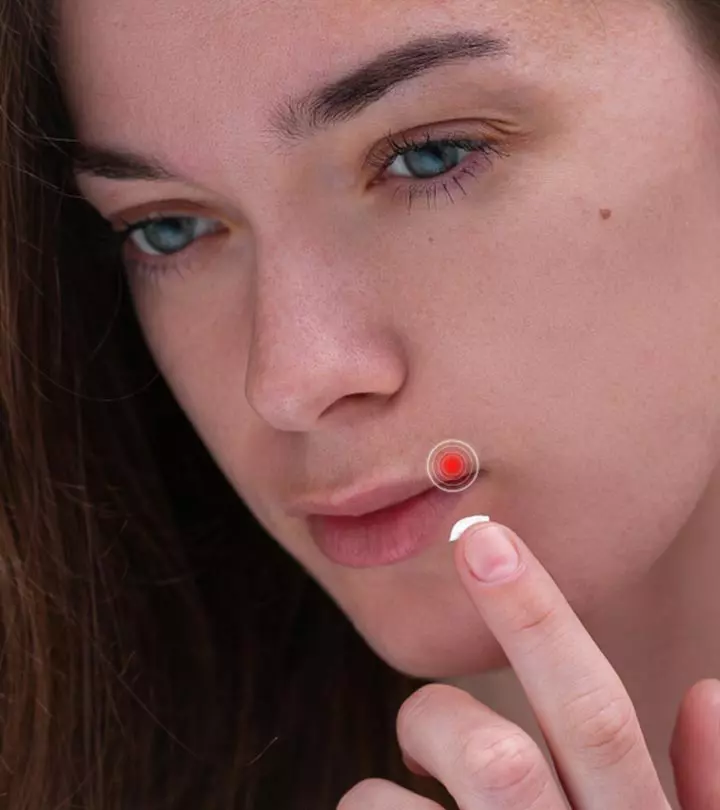
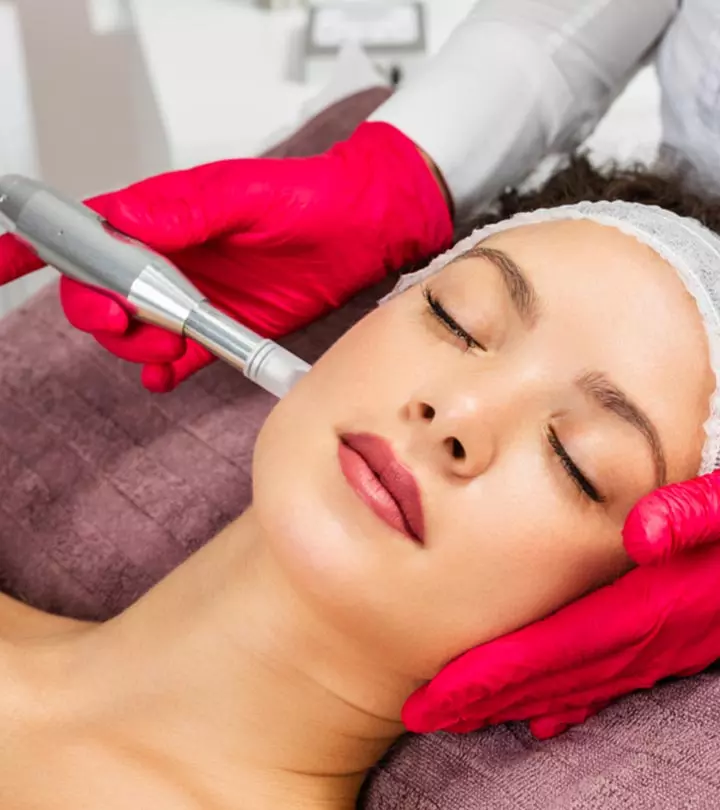


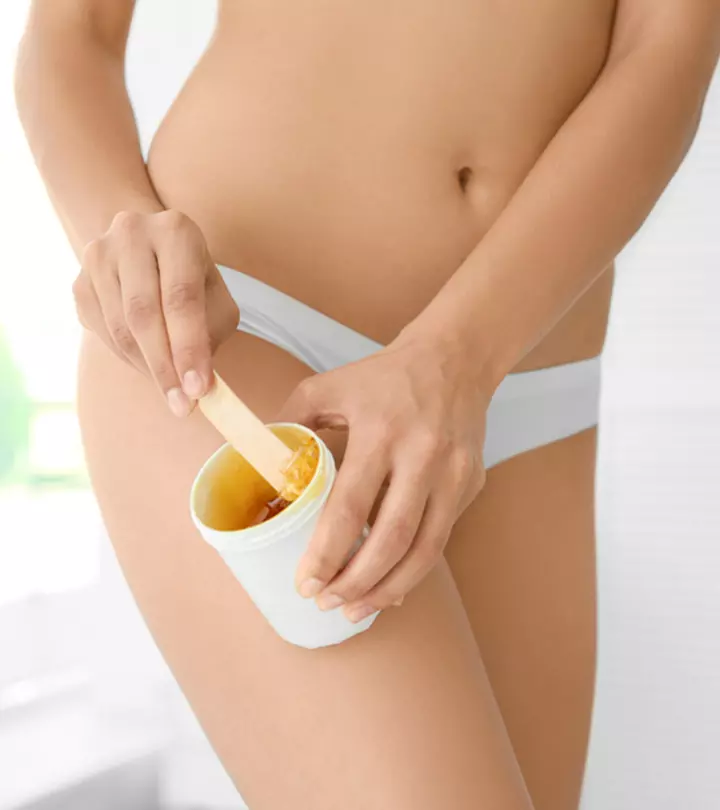

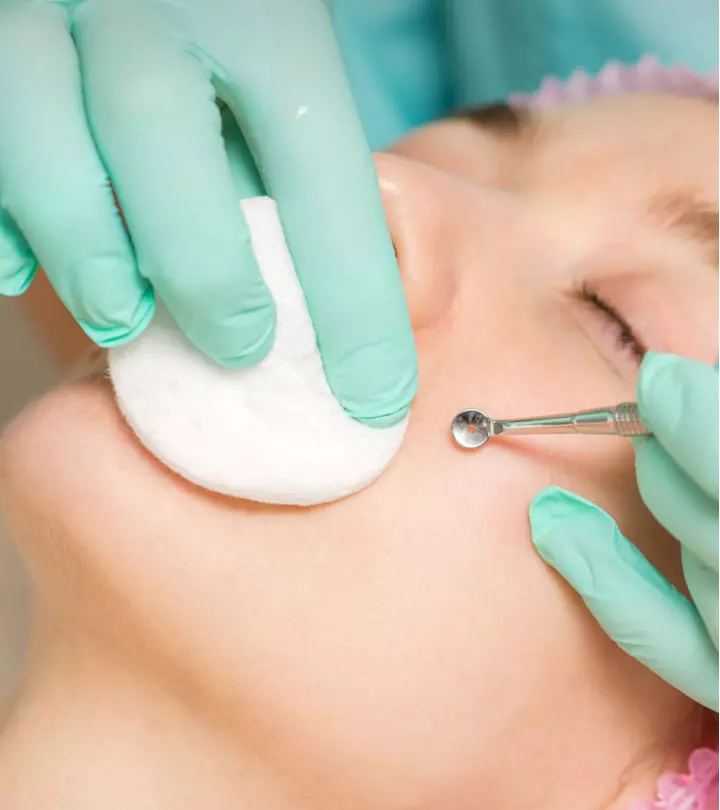
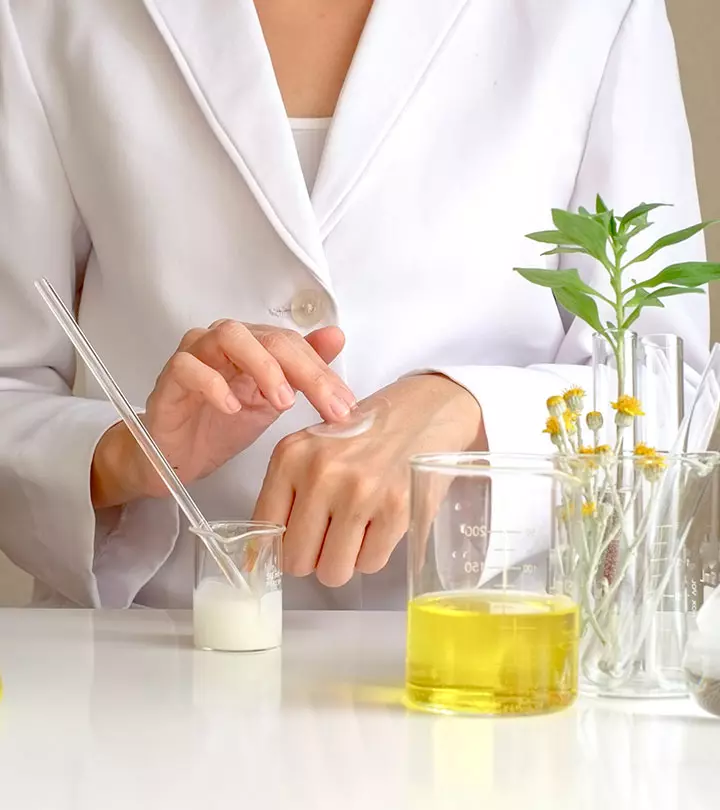
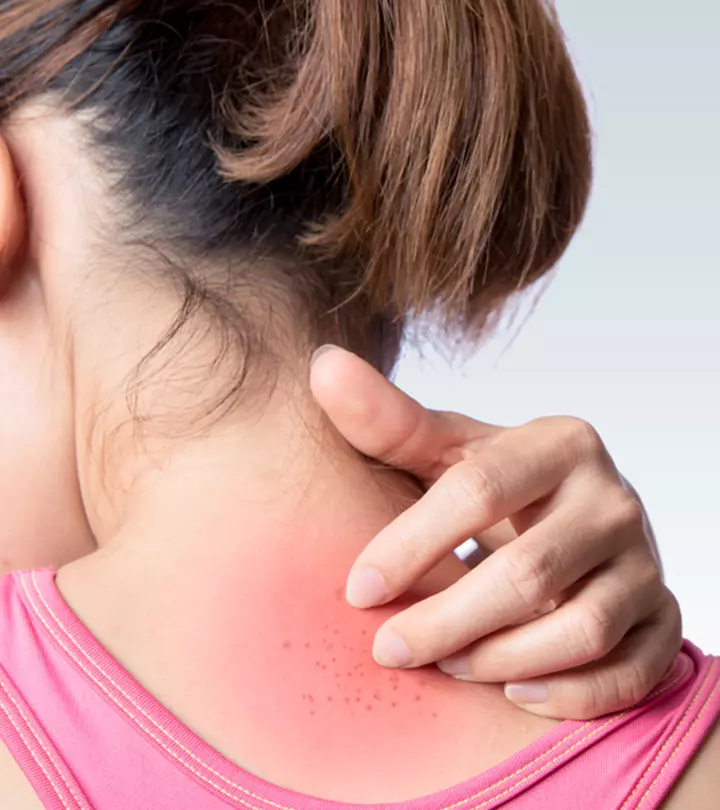

Community Experiences
Join the conversation and become a part of our empowering community! Share your stories, experiences, and insights to connect with other beauty, lifestyle, and health enthusiasts.